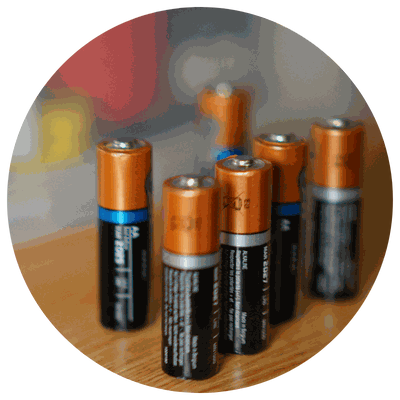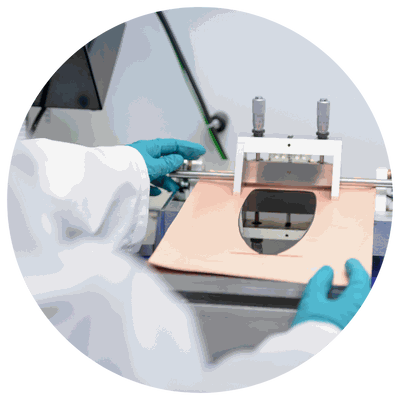A new conductive polymer coating found to make powerful lithium-ion batteries
March 18, 2023 | Metallurgical Lab
Scientists from Lawrence Berkeley National Laboratory recently developed HOS-PFM, a conductive polymer coating. The new technology may provide battery stability and high charge/discharge rates while improving the efficacy of EV battery life.
HOS-PFM showed promising battery adhesive that could extend the life of lithium-ion batteries from 10 years to 15 years, according to Gao Liu, senior scientist in the Berkeley Lab's Energy Technologies Area.
The technology is tested via aluminum and silicone electrode in a lithium-ion battery setup. These materials are often used because of their potentially high energy storage capacity and lightweight profile. Results provide that the HOS-PFM coating prevented the silicon- and aluminum-based electrodes from degrading while maintaining high battery capacity for over 300 charge/discharge cycles.
Researchers emphasized that the HOS-PFM coating could now allow the use of electrodes containing as much as 80% silicon and increase the energy density of lithium-ion batteries by at least 30%. And because silicon is cheaper than graphite, the standard material for electrodes today, cheaper batteries could significantly increase the availability of entry-level electric vehicles, Liu added.
The said technology is now being worked on to be scaled up for mass production.

